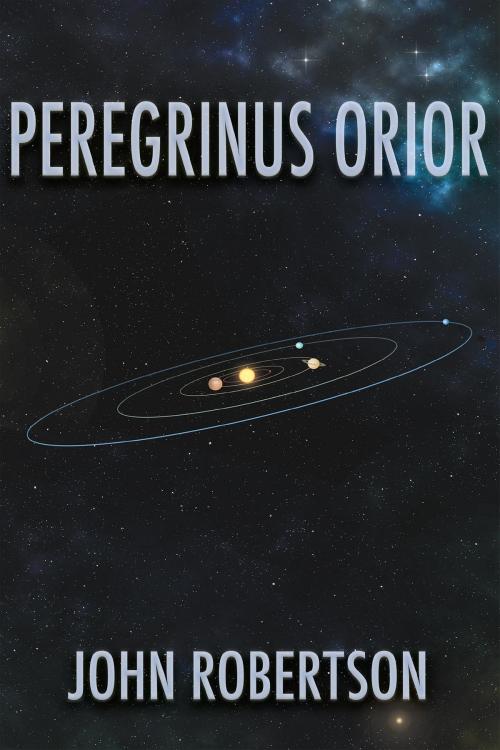Peregrinus Orior
Nonfiction, Science & Nature, Science, Earth Sciences, Science Fiction & Fantasy, High Tech| Author: | John Robertson | ISBN: | 9781771803267 |
| Publisher: | Iguana Books | Publication: | June 6, 2019 |
| Imprint: | Iguana Books | Language: | English |
| Author: | John Robertson |
| ISBN: | 9781771803267 |
| Publisher: | Iguana Books |
| Publication: | June 6, 2019 |
| Imprint: | Iguana Books |
| Language: | English |
By the latter half of the third decade of the twenty-first century AD, ten years after the Paris Agreement on climate change, humankind has begun to make meaningful progress in curtailing its greenhouse gas emissions. Will it be enough to hold global warming to the agreed limit of 2.0 degrees Celsius, and ideally the more ambitious target of 1.5 degrees? Despite significant technological advancements and investment in sustainable energy production, it appears that more radical measures may be required to prevent the ever-expanding energy demands of the developing countries from countering the progress of the developed countries. As scientists and policymakers consider this dilemma, some are beginning to fear that an even more immediate and greater danger — insufficient fresh water — may overshadow the risk of global warming. Then, an unusual object approaches the Earth from the far reaches of the solar system, and there is yet a third candidate for the greatest threat that humankind faces, and one which in no way stems from either our own activities or our ever-increasing multitudes.
By the latter half of the third decade of the twenty-first century AD, ten years after the Paris Agreement on climate change, humankind has begun to make meaningful progress in curtailing its greenhouse gas emissions. Will it be enough to hold global warming to the agreed limit of 2.0 degrees Celsius, and ideally the more ambitious target of 1.5 degrees? Despite significant technological advancements and investment in sustainable energy production, it appears that more radical measures may be required to prevent the ever-expanding energy demands of the developing countries from countering the progress of the developed countries. As scientists and policymakers consider this dilemma, some are beginning to fear that an even more immediate and greater danger — insufficient fresh water — may overshadow the risk of global warming. Then, an unusual object approaches the Earth from the far reaches of the solar system, and there is yet a third candidate for the greatest threat that humankind faces, and one which in no way stems from either our own activities or our ever-increasing multitudes.















